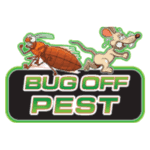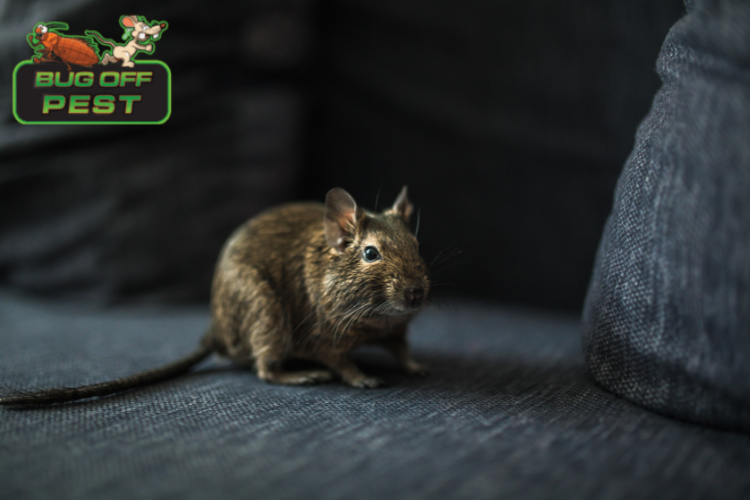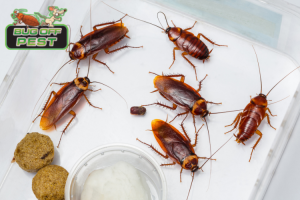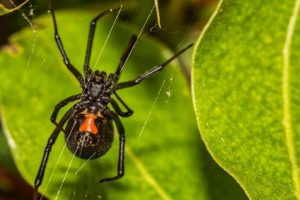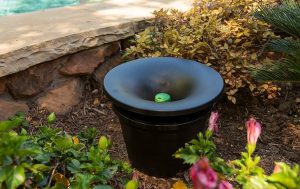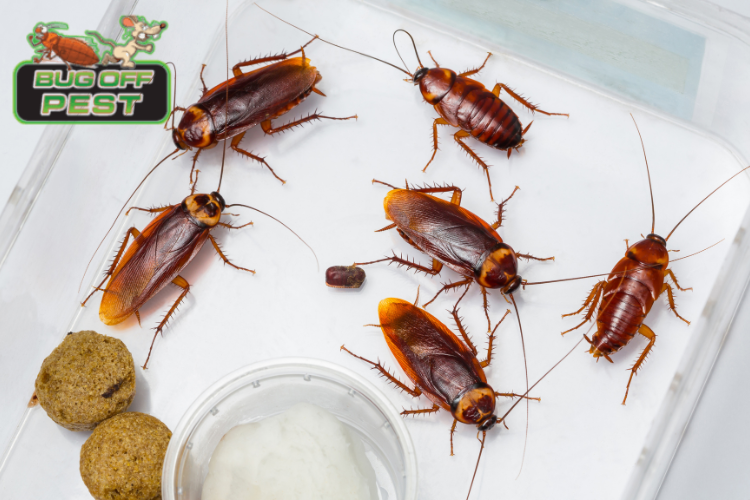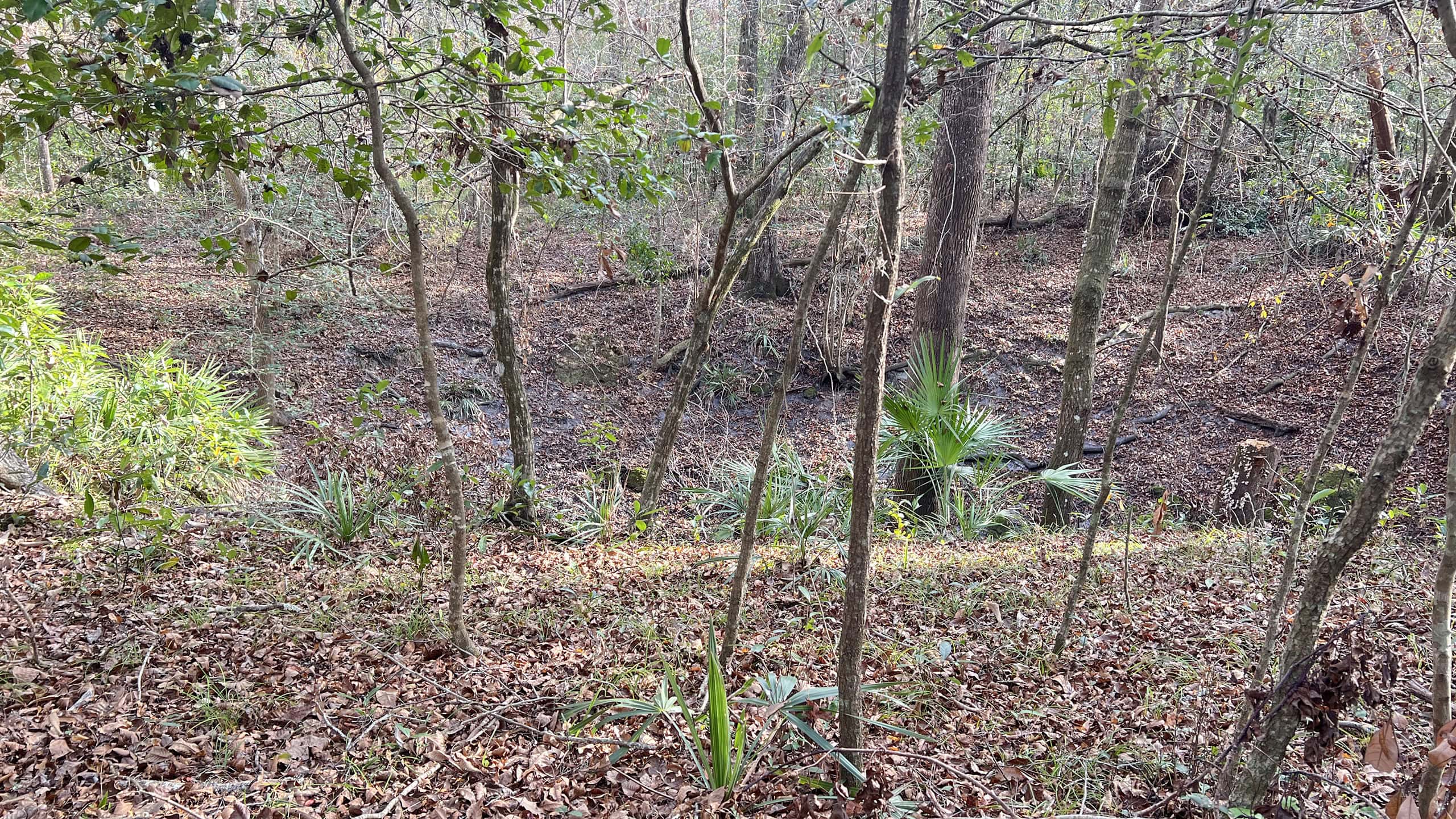Rodents are a common problem for pest control in the United States. They can be a serious risk to public health and safety. We need to stay alert and use good pest management strategies to handle this issue. It is important to know the dangers that come with rodents. This knowledge helps us take steps to prevent problems and keep ourselves, our families, and our property safe.
Understanding Rodents and Their Habitat
The word “rodent” includes many types of mammals. These animals are known for their front teeth, called incisors, which keep growing. Rodents can be found in different places like forests, grasslands, and even urban areas. Their ability to live in many environments is why they are common pests.
There are many types of rodents in the wild, but some species are more challenging in urban areas. Commensal rodents, like house mice and Norway rats, have learned to live with people. They use our homes and food, making them serious pests.
Common Types of Rodents in the United States
Several types of rodents are common in the United States. Each type has its own traits and behaviors. Knowing these differences is important for good pest control:
- House mice are one of the most common rodents in the world. They are small, have brown-grey fur, and a long, hairless tail. They breed quickly and need very little food. This helps them create big infestations easily.
- The brown rat, or Norway rat, is bigger than house mice. It has a stronger body. This type is smart and can adapt well. It can also spread diseases, which makes it a big concern for public health.
Habitats and How They Thrive in Urban Areas
Rodents, which are part of the order Rodentia, are very good at adapting. They need to gnaw to keep their front teeth, called incisors, from growing too long. This leads them to chew on many things found in cities, like wood, plastic, and sometimes even soft metals.
Cities are great homes for many types of rodents because they provide lots of food, water, and places to hide. They can easily get into homes through tiny cracks and gaps.
To control pests, we need to recognize these habits. It’s important to remove food sources, close any openings, and keep things clean to keep these pests away.
Health Risks Associated with Rodents
Rodents can be more than just a bother. They can cause real health problems for people. They can contaminate food and places where we live. This happens through their urine, droppings, saliva, and even their fur.
One big issue is their droppings. They can spread diseases if the particles get into the air or if someone touches them. Knowing about these dangers shows why it is important to have quick and effective rodent control.
Diseases Transmitted by Rodents
Rodents can spread diseases to humans. They are known as vectors of disease. Here are some illnesses linked to rodents:
- Hantavirus Pulmonary Syndrome (HPS): This is a serious breathing illness. It happens when people touch infected rodent droppings, urine, or saliva.
- Leptospirosis: This bacterial infection can cause symptoms like flu, meningitis, and liver issues. It usually spreads through contact with dirty water or soil.
- Salmonellosis: This is a common sickness from food that can make you feel sick. The symptoms include diarrhea, fever, and stomach cramps. It happens when people eat food with rodent feces.
Allergies and Respiratory Problems
Rodents can carry diseases and make allergies and breathing issues worse. Their allergens are present in their urine, droppings, saliva, and shed hair. When these allergens get into the air, they can cause allergic reactions and make asthma symptoms worse.
People who already have allergies or respiration problems are at greater risk. Even being around them for a little time can cause sneezing, a runny nose, itchy eyes, coughing, and trouble breathing.
For those with asthma, being near rodent allergens can start attacks and make their condition worse. It is important to take action to stop and manage rodent problems. This is key for keeping our lungs healthy.
Safety Concerns and Property Damage
Rodents are not just a health worry; they can also be dangerous and harm your property. Good pest management helps solve these issues. It keeps people safe and protects buildings.
If we know the dangers that rodents bring, we can take steps to stop them from invading our homes and businesses.
Structural Damage to Homes and Buildings
The constant chewing of rodents can be more than just annoying. It can cause serious damage to homes and buildings. Rodents chew on many things, like wood, insulation, electrical wires, and plumbing pipes.
This chewing can weaken structures and harm insulation, which can lead to expensive repairs. In bad cases, a large number of rodents can damage a building badly enough to create safety threats for the people inside.
To prevent and reduce the risk of damage caused by rodents, good pest control is essential. You should have regular checks, quick treatments, and take steps like sealing holes to protect your home.
Fire Hazards from Gnawing on Electrical Wires
One big safety risk from rodents is their habit of chewing on electrical wires. Their sharp teeth can easily bite through the insulation on these wires. When they do this, the live wires are exposed. This creates a dangerous fire risk. It can cause short circuits, sparks, and even fires, which can endanger lives and property.
It is important to deal with rodent problems quickly. This is not just about hygiene but also a vital safety step. Using pest control methods and asking for help from pest professionals are important actions to avoid these risks.
The post The Impact of Rodents on Health and Safety appeared first on Bug Off Pest.
